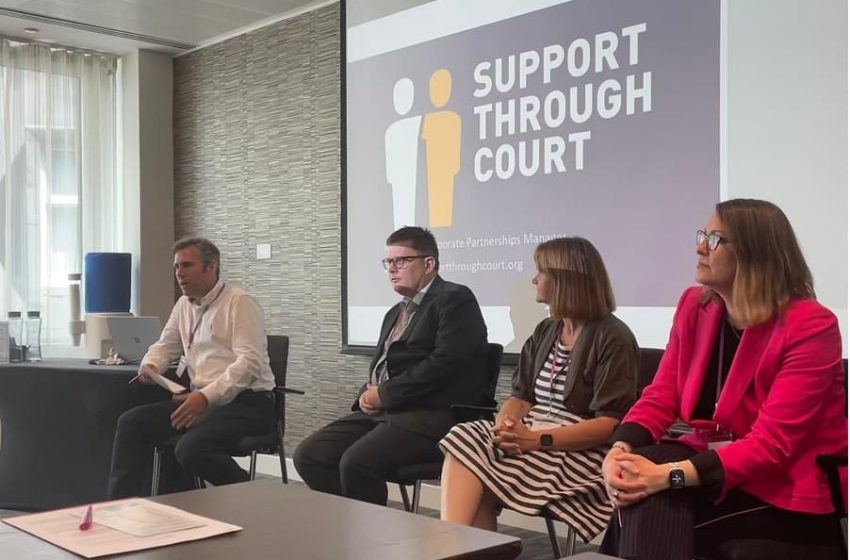
Hopes high for surrogacy reform
The family law community has high hopes for surrogacy law reform in the wake of the Law Commission’s recently released proposals and draft bill. Speaking at the Today’s Family Lawyer Surrogacy event on 19th June, Natalie Sutherland, partner at Burgess Mee and speaker at the event, said she was hopeful that the latest reform proposals would be implemented, updating what is currently an outdated and archaic piece of legislation.
“Building families through surrogacy” was released in March of this year and builds on work done over the course of the last 40 years, starting with the Warnock report published in 1984, the implementation of the Human Fertilisation and Embryology Act in 1990 and 2008, and subsequent case law and updates.
Sutherland was joined at the event by Colin Rogerson, Head of Fertility Law at Mills & Reeve LLP, and Sarah Jones, Chief Executive of the UK’s largest surrogacy organisation, SurrogacyUK. The event was sponsored by OurFamilyWizard with a presentation from Support Through Court on their efforts to improve access to justice and support those going through the court journey.
Topics throughout the day focused on the current state of play in surrogacy law and the impact of current case law, alongside comparisons between the UK and other jurisdictions. The UK takes a “tolerant” approach to surrogacy suggested Rogerson, comparing it with the “restrictive” approach found elsewhere in Europe in Germany, France and Italy; a “regulated approach in South Africa and Israel; and a “free market” approach as seen in some states in the US.
The Law Commission reforms propose some key changes to existing legislation, which was largely welcomed by the panel. A new “pathway to parenthood” proposes in cases which meet certain criteria, to provide greater certainty from pre-conception for Intended Parents (IPs) and establish parentage from birth, rather than go through the current Parental Order (PO) process.
The reforms also propose to create a Surrogacy Register, onto which all children born through surrogates would be placed alongside details of surrogates and IPs to enable them to trace their origins.
Sarah Jones spoke about the potential impact of Regulated Surrogacy Organisation (RSO) status on the existing Surrogacy infrastructure. A key tenet of the proposals, RSO’s would regulate surrogacy activity licensed by the Human Fertilisation and Embryology Authority.
Greater clarity on the surrogate’s expenses has been provided, although the panel felt that the granularity of detail provided in the report may create barriers, rather than solve the issue. Yes, said Rogerson, it clearly prohibits commercial surrogacy but the level of detail surprises me.
The issue of expenses, and specifically tracking gifts was also a concern to Jones, who identified that the proposals places greater emphasis on RSO’s to deal with the financial and expenses element to surrogacy, and recording gifts sits with the Regulated Surrogacy Organisations, but there is no further detail on reporting these to the HFEA or other authority.
Charing the day, David Opie Managing Director of Today’s Media, the publishers of Today’s Family Lawyer, suggested that one of the key challenges to prioritising the change identified during the day was the total volume of parental order applications. Despite significant increases since 2008 when the number was c.70-80 p/a, the actual volume of PO’s is now around 400-450 p/a… there are, suggested Opie, other legislative priorities which may take precedence.
Upcoming Events
The Conference is one of a number of events lined up by Today’s Family Event in the coming months with the inaugural Private Law Conference to be hosted in Manchester on 27th September. The day will include presentations and updates on financial remedies including an update on the Law Commission’s recently announced review of the Matrimonial Causes Act, “one lawyer, two clients” divorce, parental alienation and mediation.
For more information on topics, speakers and to book your place, please CLICK HERE.










